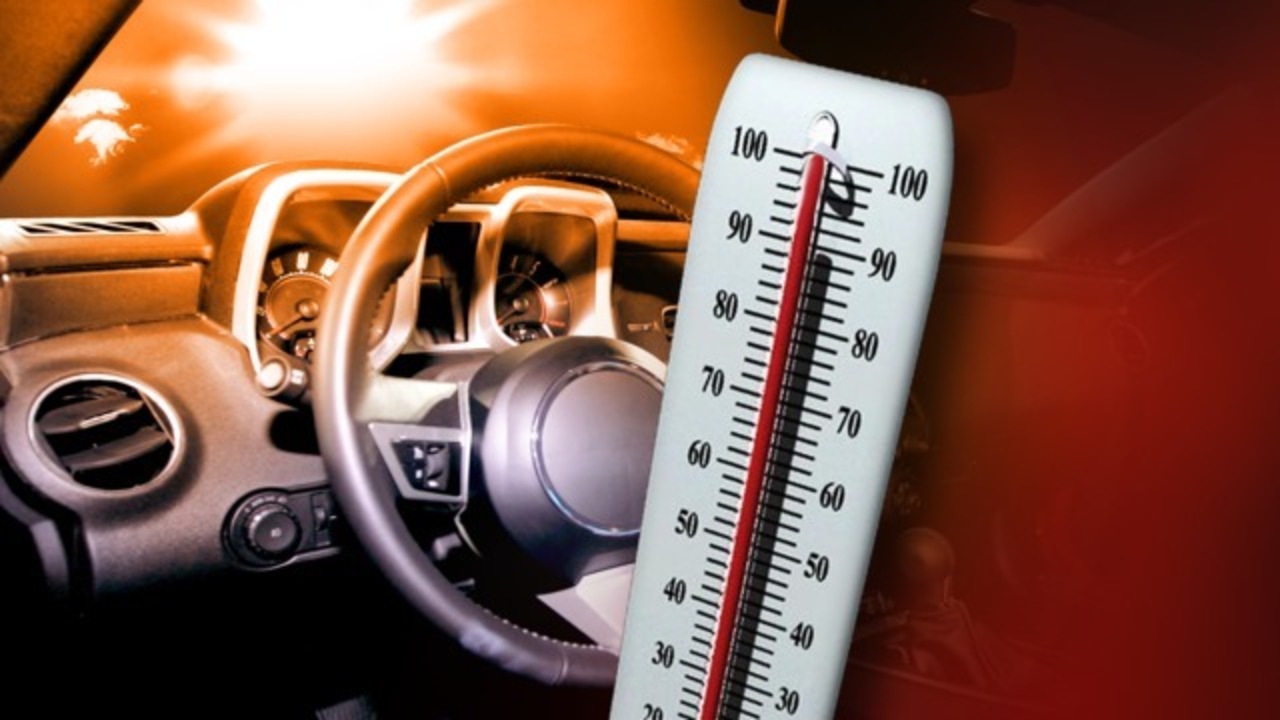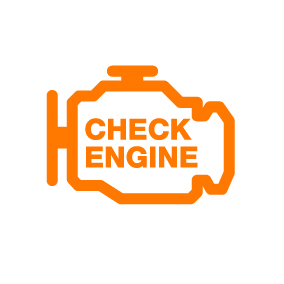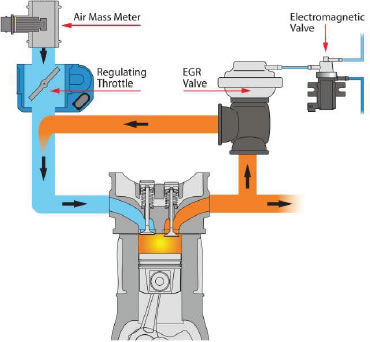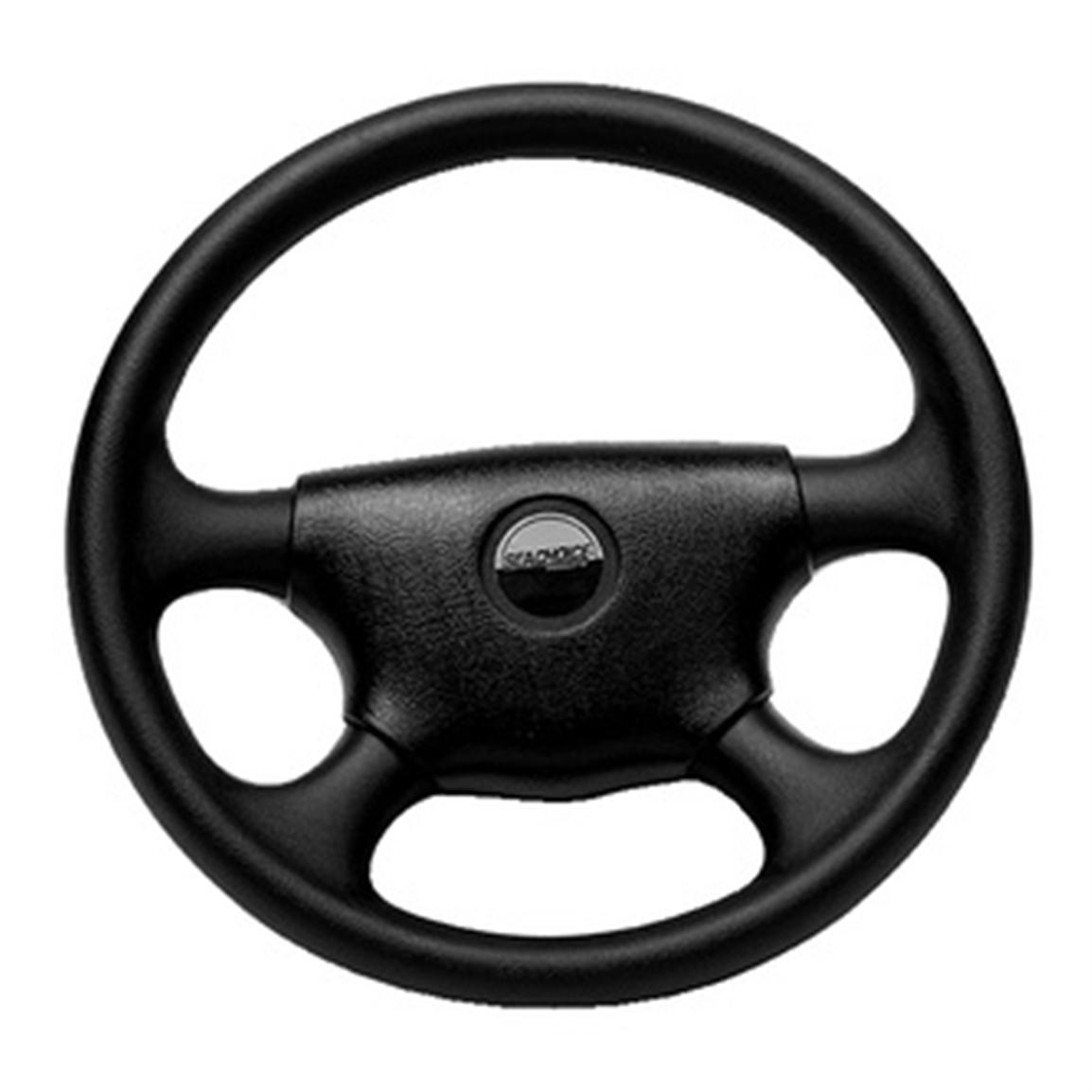Posted on 7/13/2016

Unless you’ve been locked in your air conditioned house for the last two months, you may have noticed that summer is here in AZ and it’s the usual extreme heat. We’ve had a few customers coming to the shop since then with the worst that could happen while driving their car… the A/C is blowing hot air. So now what? You could go to your repair shop to get a proper diagnostic or you could do what some people do and try to fix it yourself by buying one of these DIY manual recharge kits that let you add refrigerant into your system and save some money. Sadly like everything else in life if it’s “too good to be true” well it is too good to be true! Here’s why: 1) Manual recharge systems do not evacuate the fluid in your system – instead they add refrigerant on top of your current levels. It’s like adding new oil on top of old oil. Topping off fluids does not solve any problems but only temporarily covers up the symptoms. In ... read more
Posted on 7/8/2016

If you’re like me you’ve seen your share of engine light in your life. For those lucky ones who has never seen it, it’s an amber colored light that shows on your dashboard. Surprisingly the issue may be a very simple fix in newer vehicles like your gas cap not being screwed on tight enough or a worn gas cap, causing the vehicle to fail the self-diagnostic evaporative emission test. So first thing you should do is go to their gas cap and verify that it is tight. If that was the problem, the light will turn off and everything will be fine within one or two days. And you should definitely get this fixed before getting your car going through the emission testing. Here’s a very important advice, we advise drivers to resist the temptation to have someone “clear” the codes to turn off your vehicle check engine light. This erases important diagnostic information that your repair shop technician needs to diagnose the underlying problem for the ... read more
Posted on 7/8/2016

How automakers have been able to consistently build more powerful engines in vehicles that get better fuel economy while at the same meeting increasing environmental standards is quite amazing. One of the little miracles that helps make this happen is the Exhaust Gas Recirculation (EGR) Valve. What does it do? The EGR valve routes some exhaust back into the air intake system in both gasoline and diesel engines. The exhaust gas takes up some space in the engine cylinders, replacing some of the oxygen-rich air that would otherwise be in there. This means that the fuel burning event is cooler. Cooler combustion means fewer harmful nitrous oxides are produced. Pretty simple right? What can go wrong? Well your EGR valve can get gummed up, messing the timing and amount of exhaust that is supposed to be recirculated in the engine. You’ll recognize that some of the symptoms of EGR valve problems are rough idle and poor engine performance. At that point, performance can be restored by cl ... read more
Posted on 7/5/2016

Steering is one of the things we take for granted when it comes to maintenance and bad things could happen fast if things break down. Let’s take a look at two areas: first, the power assist and second the actual parts that steer the vehicle. Most people under 40 have never driven a car or truck without power steering. Most vehicles today have a hydraulic power steering pump that provides boost to help you steer. The pump is usually driven by the serpentine belt, but some newer vehicles have an electric pump. Some vehicles even have an electric motor that directly powers the steering. So beside all the technical talk, the important thing to keep in mind is that these pumps and motors will eventually wear out and the hoses will start to leak. The good news is that you can postpone that day by having a very simple power steering service on a regular basis. This means draining the old fluid and replace it with fresh fluid. This removes water and contaminants that can corrode power ... read more
Posted on 7/1/2016

Question: Can a dealer refuse to honor the warranty that came with my new car if my local repair shop does the routine maintenance or repairs? Well you may be surprised but the answer is no according to the Federal Trade Commission (FTC), AKA the nation’s consumer protection agency. Even more, it’s illegal for a dealer to deny your warranty coverage simply because you had routine maintenance or repairs performed by someone else. So what is considered routine maintenance? Oil changes Tire rotations Belt replacement Fluid checks and flushes New brake pads Inspections And more Keep in mind that this is just an partial list and maintenance schedules vary by vehicle make, model and year; the best source of information about routine scheduled maintenance is your owner’s manual. So what about parts and supplies (like motor oil)? They can’t even require you to use their genuine factory parts unless they can prove to the FTC that they have the only part that wil ... read more
Posted on 7/1/2016

So you’ve found out that your brake pads are wearing out, and it’s time for a replacement. But did you know that there are multiple types of brake pads, made from different materials and suited to the different needs of cars and driving styles? Our team at Spectrum Car Care in Gilbert, AZ can help get the brake pads that best fit your car. Here’s a quick guide to help you select the right brake pads for you. Semi Metallic Brake Pads Semi Metallic pads can be made from anywhere from 30% to 65% metal, from copper, wire, steel wool and other metal materials. Semi Metallic pads wear out the least quickly of all brake pads, but they also tend to wear out the brake rotors faster. Low-Metallic These pads are made from a special formula using about 10% to 30% copper or steel. Low-metallic brake pads are optimal for high heat and friction braking, and ideal for high speed braking. These types of pads are less clean than others, though. Low metallic pads produce a lo ... read more